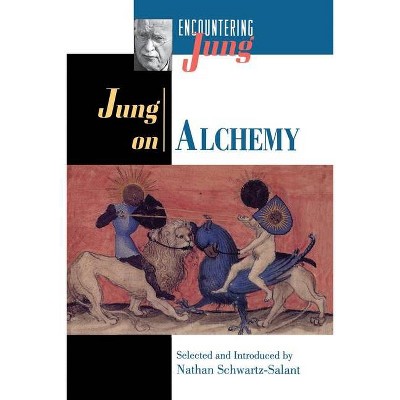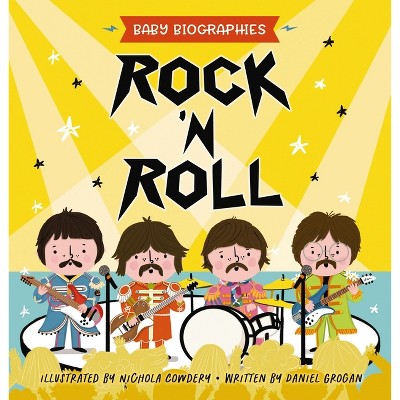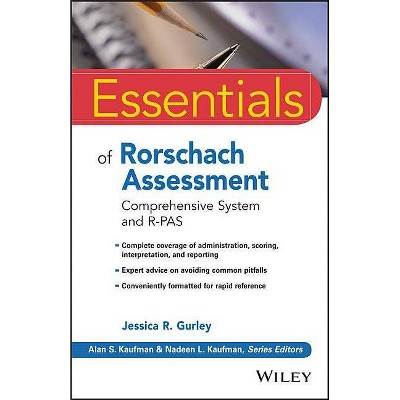Sponsored

Encountering America - by Jessica Grogan (Paperback)
In Stock
Sponsored
About this item
Highlights
- Author(s): Jessica Grogan
- 432 Pages
- Psychology, Movements
Description
From the Back Cover
A dramatic narrative history of the psychological movement that reshaped American culture
The expectation that our careers and personal lives should be expressions of our authentic selves, the belief that our relationships should be defined by openness and understanding, the idea that therapy can help us reach our fullest potential--these ideas have become so familiar that it's impossible to imagine our world without them.
In Encountering America, cultural historian Jessica Grogan reveals how these ideas stormed the barricades of our culture through the humanistic psychology movement--the work of a handful of maverick psychologists who revolutionized American culture in the 1960s and '70s. Profiling thought leaders including Abraham Maslow, Rollo May, and Timothy Leary, Grogan draws on untapped primary sources to explore how these minds and the changing cultural atmosphere combined to create a widely influential movement. From the group of ideas that became known as New Age to perennial American anxieties about wellness, identity, and purpose, Grogan traces how humanistic psychology continues to define the way we understand ourselves.
Review Quotes
"Clear and insightful book...Grogan's well-written and well-researched book is as much a cultural study as it is a psychological one. While mapping the movement's rise and decline, she makes a case for its legacy." - Pasatiempo
"Cultural historian Jessica Grogan offers an intellectually stimulating examination of 1960s humanistic psychology in Encountering America...Grogan skillfully paints a picture of its founders... She also incisively examines how the streak of self-indulgence in the 1960s commandeered and corrupted humanistic psychology, which had bravely tackled the challenges of race and feminism, in the name of drugs and the guru model of leadership. Grogan's portrait of Abraham Maslow, a charismatic charmer with a true revolutionary's zeal for human and societal transformation, is worth the read alone...Encountering America weaves together a tapestry and history of a humane ideal for living that continues to define our societal world view. It is a work of deep cultural understanding that breaks down complex issues in a coherent manner, bursting with oversized personalities and thought-provoking ideas...Discover: An entertaining study of 1960s humanistic psychology and how its beliefs continue to inspire our world view." - Shelf Awareness
"Encountering America weaves together a tapestry and history of a humane ideal for living that continues to define our societal world view. It is a work of deep cultural understanding that breaks down complex issues in a coherent manner, bursting with oversized personalities and thought-provoking ideas." - Shelf Awareness
"Spot-on reporting, an unbiased presentation, and an admirable attention to detail make this a valuable resource for psychologists and scholars of American counterculture movements." - Publishers Weekly
"An illuminating cultural history." - Kirkus Reviews
"In this disciplined and persuasive defense of the movement, Grogan shows how its frivolous offshoots obscured its singular insights...Grogan eloquently insists that humanistic psychology subtly revolutionized Americans' conception of the self and the role of therapy, and asserts that current trends in the field, like positive psychology, owe the theory a debt they have been reluctant to pay. With such reductive approaches as psychopharmacology again ascendant, we would do well to join Grogan in looking kindly on the belief that 'individuals in all their messy complexity should remain at the heart of the psychological study and practice.'" - New York Times Book Review
"[A] disciplined and persuasive defense of the movement... Grogan eloquently insists that humanistic psychology subtly revolutionized Americans' conception of the self and the role of therapy." - New York Times Book Review











